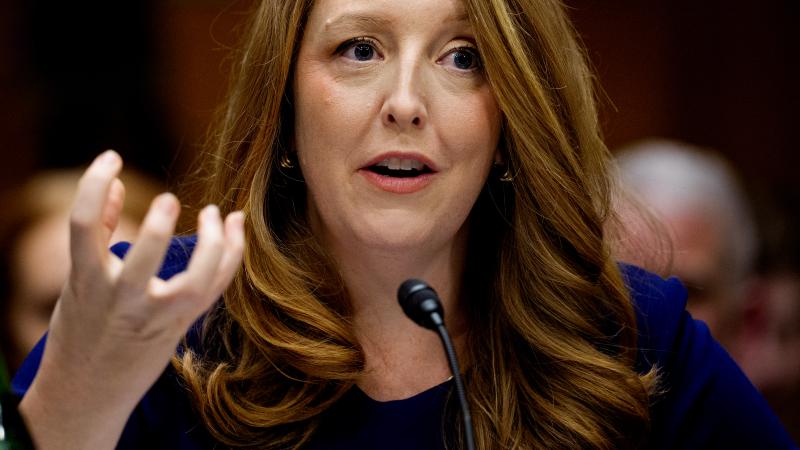Alaska mayor proposes flying homeless to California
Last year, a record eight people died from exposure in Anchorage.
(The Center Square) - The mayor of Anchorage, Alaska proposed sending its homeless on one-way tickets to Los Angeles, San Diego, or other cities in warmer states to save the city money, citing the fact the cost of a one-way airplane ticket is cheaper than months of housing.
Anchorage mayor David Bronson suggested the proposal in light of cold deaths last year, in which a record eight people died from exposure. This year, with an arena converted to a makeshift homeless shelter no longer available, new shelter is needed to keep people off the winter streets.
At a news conference, Bronson noted the vast cost difference between a plane ticket and building sufficient housing for the homeless.
“A ticket this morning to Los Angeles is 286 bucks, it costs us $100 plus or minus a few dollars every day to house someone, and we don’t have a place to put them in a large shelter this winter,” Bronson said at a news conference. “And remember, the objective, and it’s sad that we had to get to this, but we’re here to save lives, that’s my job.”
To city officials in Los Angeles, which has long served as a top bussing destination for the nation’s homeless, this is unacceptable.
“Mayor David Branson, shame on you! Los Angeles is not the dumping ground for the nation's homelessness epidemic,” said Los Angeles City Councilmember Traci Park, whose District 11 is one of the epicenters of Los Angeles’s homelessness crisis. “The idea of flying your homeless population to our city while tens of thousands languish on our streets, with five lives lost every day, is unconscionable. It's time to step up, do your job, and take care of your constituents.”
According to a study by the RAND Corporation on Los Angeles homelessness, the average unhoused individual uses $38,146 in public services each year. With an estimated 3,000 homeless in Anchorage, sending the city’s homeless to Los Angeles could cost the Southern California city another $114 million per year. Sending them all to California at $286 each would cost less than $1 million.
















